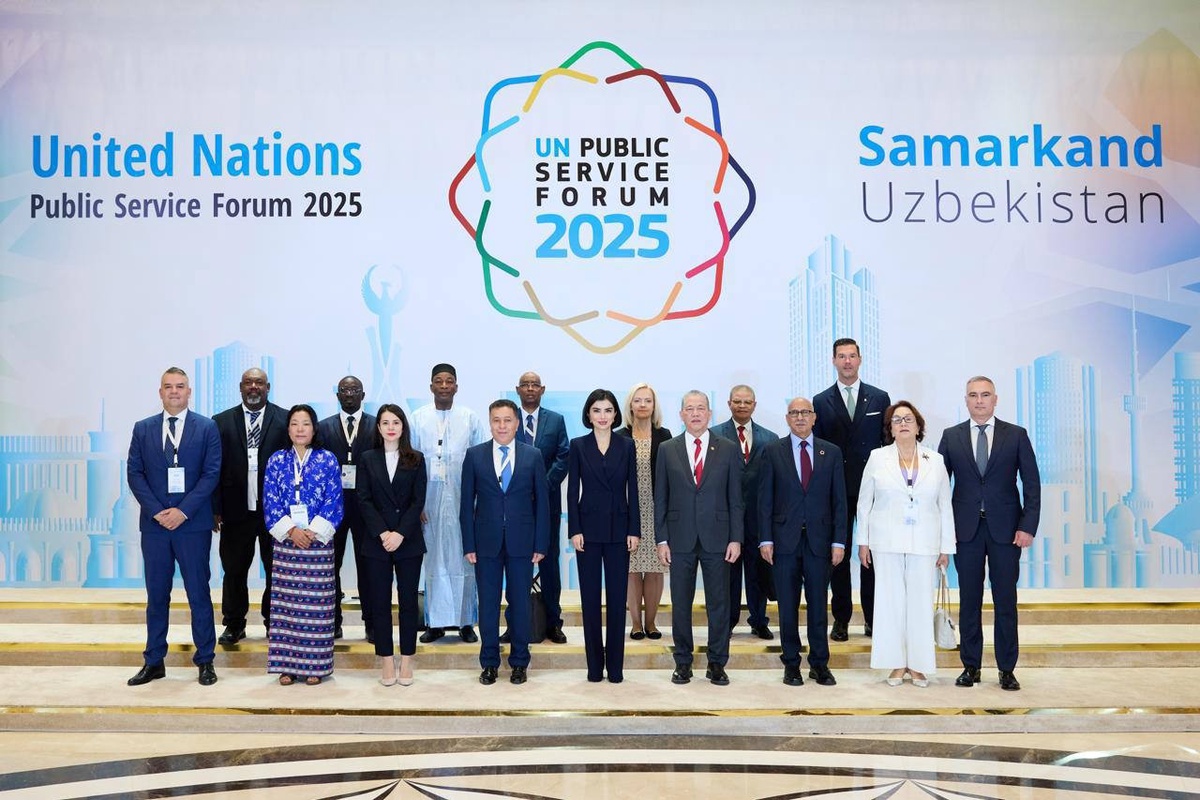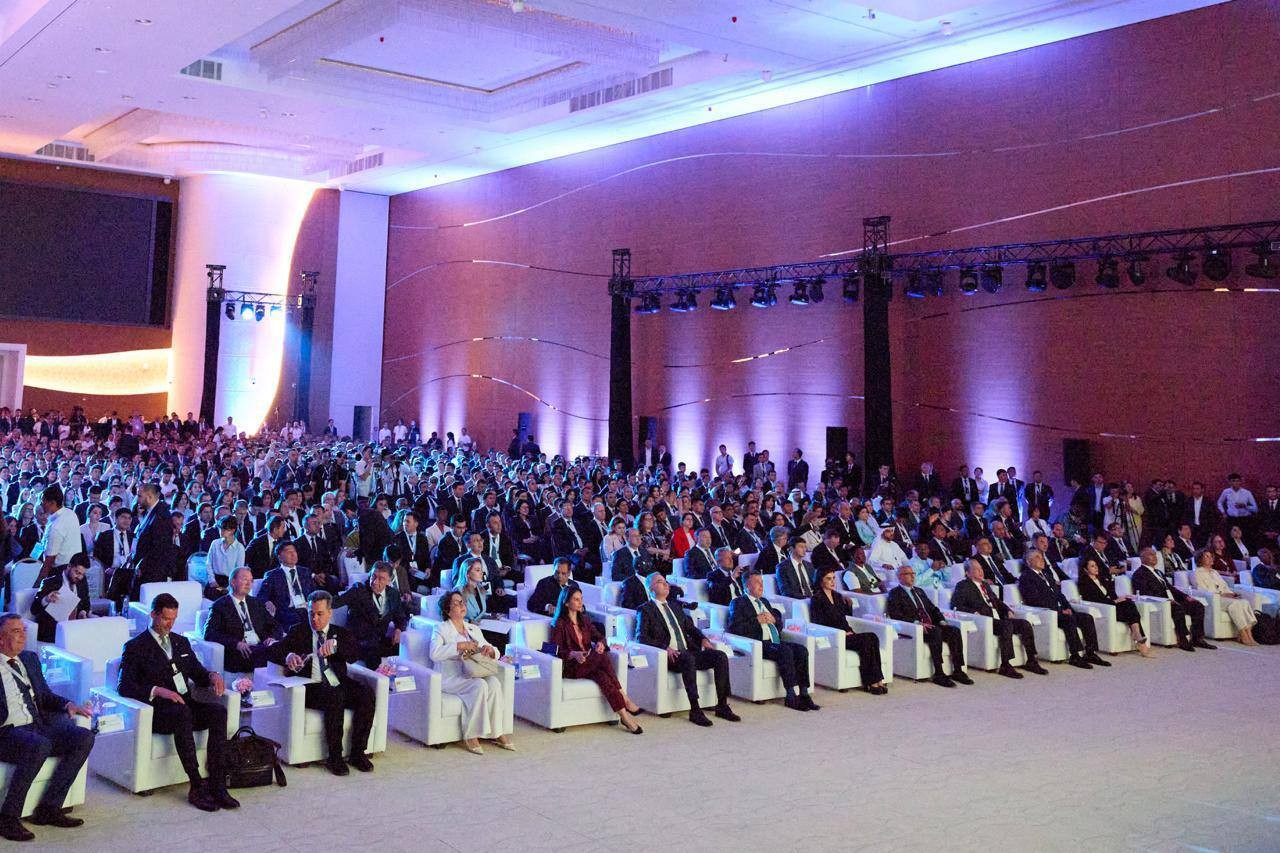26.06.2025
148
Samarkand — at the Center of Global Public Service Reforms
From June 23 to 25, the city of Samarkand is hosting the United Nations Public Service Forum for the first time in Central Asia.
Transforming public service on a global scale, aligning it with human needs, and increasing its efficiency through digital technologies are among the most pressing issues of our time. This forum has created an important global platform to discuss precisely these topics.
Held under the theme “5 Years to 2030: Accelerating the Transformation of Public Service for a Sustainable Future”, the forum brings together around 400 international experts, government officials, and organizational representatives. In his address to the forum participants, the President of the Republic of Uzbekistan, Shavkat Mirziyoyev, highlighted key priorities: digital transformation of public administration, implementation of innovations, development of leadership potential, and training of young professionals.
These initiatives are closely tied to the practical reforms being implemented in Uzbekistan. Over 700 public services in the country are provided online through a “single window” system. The share of women in public administration has reached 35%. A neighborhood-based governance system (mahalla) has been introduced, and a law “On the Civil Service” has been developed.
One of the key proposals put forward by the President is the establishment of a Global Knowledge Center for the Digital Transformation of Public Service and an International School for Young Leaders in Uzbekistan. These initiatives are of strategic importance in involving young people in public administration.
These processes are supported by the latest findings from research conducted by the Republican Center for the Study of Public Opinion “Ijtimoiy Fikr.” According to the study, most young people see public service as their professional future, and many are well-informed about its roles and opportunities. The research also shows that women display a higher level of interest in public service than men.
During the study, young respondents put forward practical suggestions such as expanding internship and training programs, strengthening collaboration with higher education institutions, and introducing an open and transparent selection system.
The initiatives presented at the Samarkand Forum fully align with the aspirations of Uzbekistan’s youth and reflect the current public sentiment. The upcoming Samarkand Declaration is expected to contribute to the development of an inclusive and digital public service system focused on human interests. In this process, the most vital social resource — the youth — remains the primary driving force.




